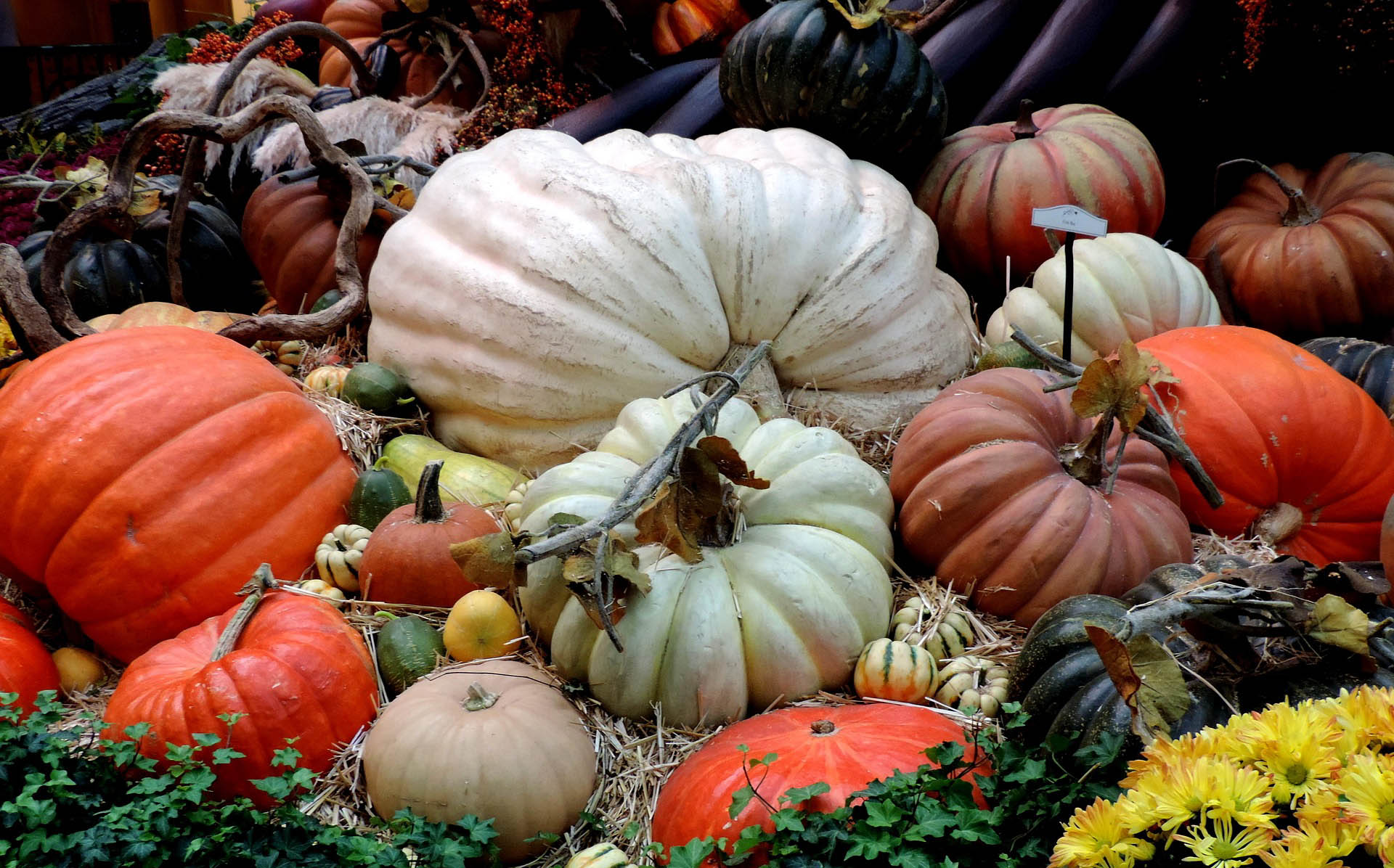Why You Should Care About Seasonal Eating

PREMIUM CONTENT for MEMBERS ONLY
By Sarah Abedi, MD
“When we eat seasonally, not only are foods more nutritious and flavorful but are also cheaper and better for the environment.”
Seasonal eating encourages consuming fruits and vegetables during the time of year when it’s naturally ready for harvest. Although we now have access to many fruits and vegetables in grocery stores, not all of the produce has grown in season. When we eat seasonally, not only are foods more nutritious and flavorful but are also cheaper and better for the environment. Seasonal eating is a beautifully simple food philosophy but has become complicated through our global food market systems.
“Not only are peak season broccoli more nutritious but they will also have more flavor.”
Seasonal eating will harvest produce when nutrients are at their peak. One study looked at the vitamin C content of broccoli and found that peak season broccoli grown in fall had a higher vitamin C level than during other seasons. Not only are they more nutritious but they will also have more flavor. Chef Thomas Keller who runs the world famous The French Laundry restaurant boasts the importance of seasonal eating in his Michelin star restaurants- seasonal food just tastes better.
“Eating seasonally helps the environment.”
Eating seasonally helps the environment. Imagine the fuel emissions associated with getting an apple from Mexico to the United States. Compare that to picking up that same apple from your local farmer’s market. When produce is shipped from long distances, particular post-harvest treatments are used to maintain freshness. These include heating processes, edible films, and ripening agents. These processes help slow the ripening process and protect the produce from pathogens. Studies show these ripening agents can decrease the nutrient content of produce.
“When produce is in season, it is abundant and therefore cheaper.”
When produce is in season, it is abundant and therefore cheaper. It’s simple supply and demand. When we buy produce that is out of our local season, it will be sourced from locations with different climates and can also be stored for long periods of time to offer people year-round produce. When produce is stored, some antioxidants such as folate, carotenes and vitamin C can rapidly decline. Eating healthy can be expensive but eating with the seasons can help with savings.
Seasonal eating has been naturally practiced for centuries and only in the last hundred years have we seen a change with the globalized food market. The ancient Indian practice of Ayurveda has a term for eating seasonally – ritucharya. Ritu translates to “season” and charya translates to “guidelines”. These guidelines break down what to eat during each season to help prevent disease.
How can we eat more seasonally? Try local farmers markets or your local community supported agriculture (CSA) group. For more information on seasonal foods, go to www.seasonalfoodguide.org.
 Sarah Abedi, MD is an emergency medicine doctor practicing in Southern California. She completed her medical school at UC Irvine and finished her emergency medicine residency at Harbor UCLA. Her medical interests lie in the science of disease prevention which motivated her to create The Hidden Body Podcast.
Sarah Abedi, MD is an emergency medicine doctor practicing in Southern California. She completed her medical school at UC Irvine and finished her emergency medicine residency at Harbor UCLA. Her medical interests lie in the science of disease prevention which motivated her to create The Hidden Body Podcast.